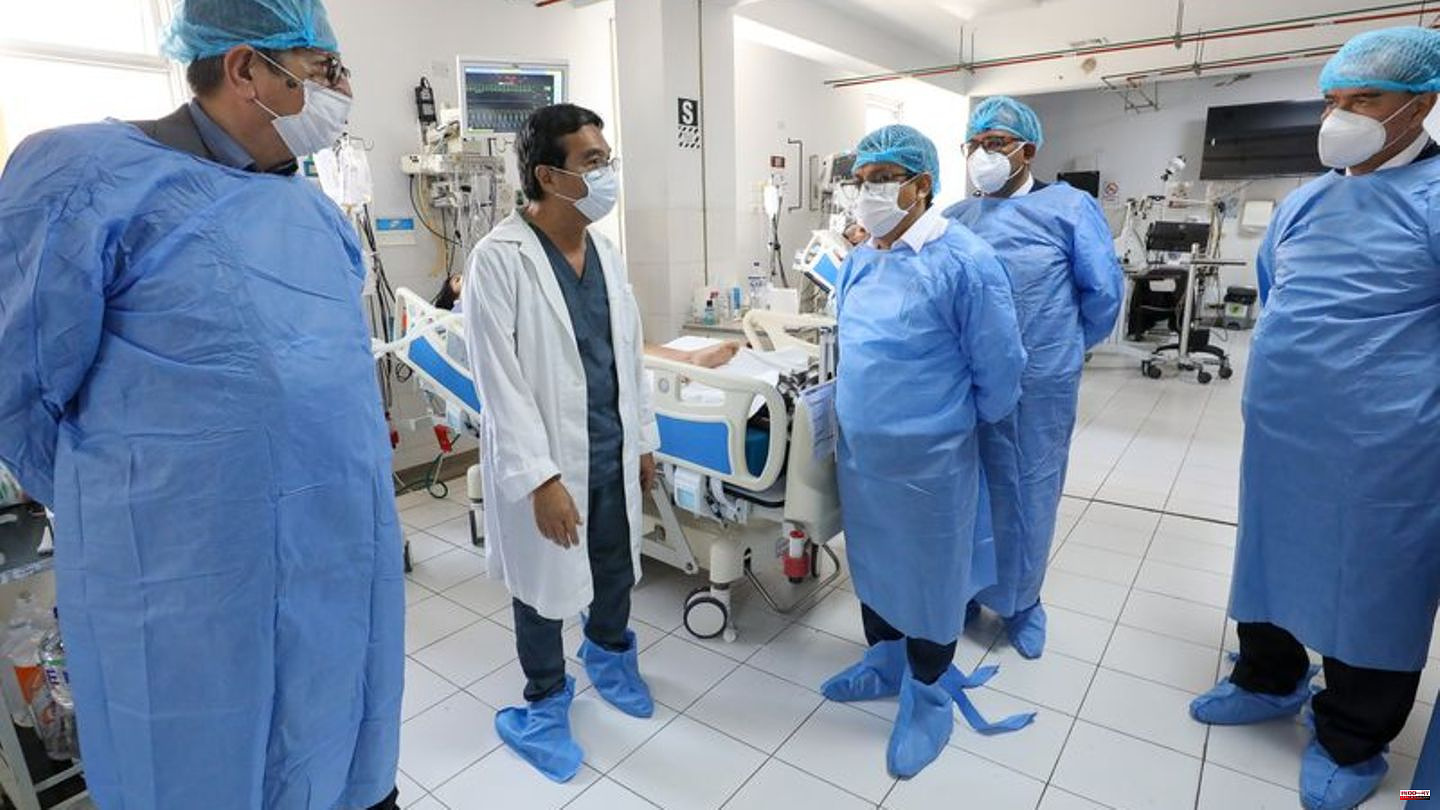Peru's government has declared a three-month public health emergency due to an unusual spike in cases of what is usually a very rare neurological disorder. The Ministry of Health announced that 182 cases of the so-called Guillain-Barré syndrome have been recorded in the South American country since January. Four of those affected died. 31 patients are still in the hospital, the remaining 147 have been released.
Guillain-Barré Syndrome (GBS) is a nerve disorder that often begins with tingling and numbness and can lead to muscle weakness and paralysis. Nerves are damaged by an excessive autoimmune reaction, so that they can no longer transmit stimuli. GBS is usually preceded by upper respiratory or gastrointestinal disease, such as infection with Campylobacter bacteria. Dengue and Zika viruses can also be triggers. Usually it remains in isolated cases, outbreaks are rare.
Wave of disease in Peru four years ago
In Peru, however, a larger wave was recorded in 2019. From May 20 to July 27, 683 suspected or confirmed GBS cases were identified, according to a 2020 analysis presented in the journal Emerging Infectious Diseases. In French Polynesia, a surge in GBS cases followed a wave of Zika infections in 2013/14.
"We currently have the disease under control," Peru's Health Minister Cesar Vasquez told reporters. Since there has been a significant increase in cases in recent weeks, it has become necessary to act. There was initially no information on the reasons for the increase. Infections with Campylobacter jejuni were considered the most likely cause of the major outbreak in 2019.
The declaration of emergency will ensure that sufficient drugs to treat the syndrome are made available to the hospitals, it said. In addition, the epidemiological surveillance will be intensified and the reference laboratories for the analysis of samples will be strengthened. A corresponding order was published in the official gazette of the country, which has a population of almost 34 million.












